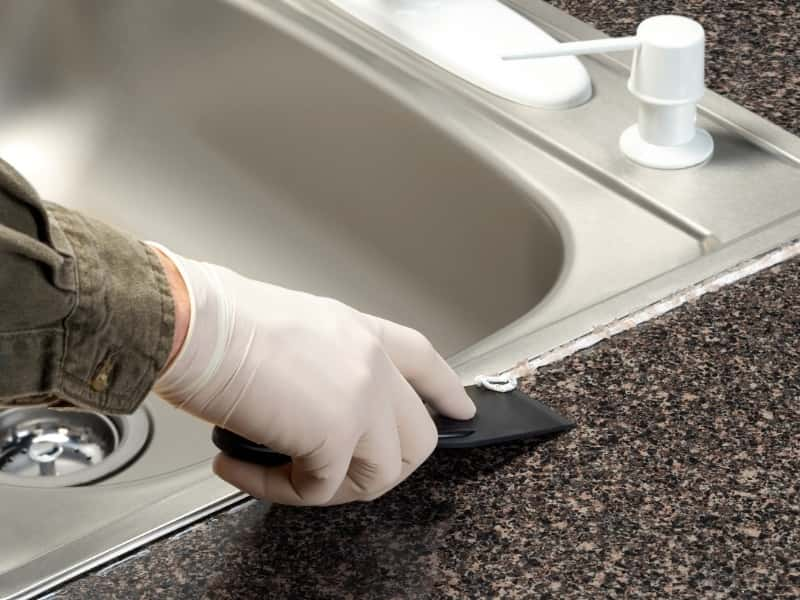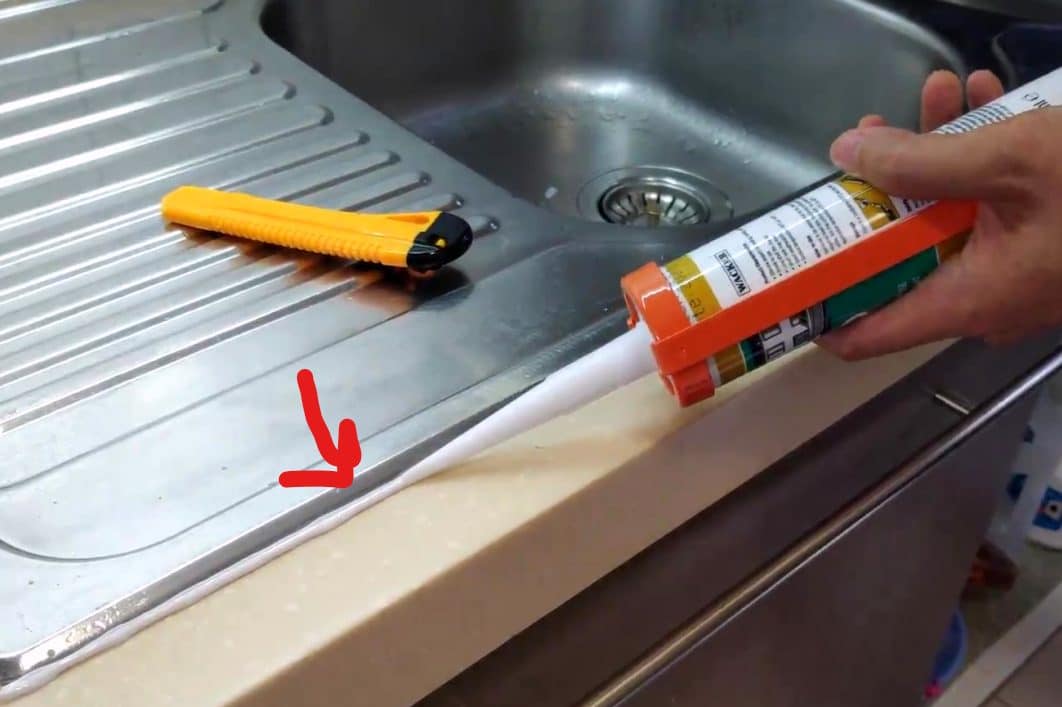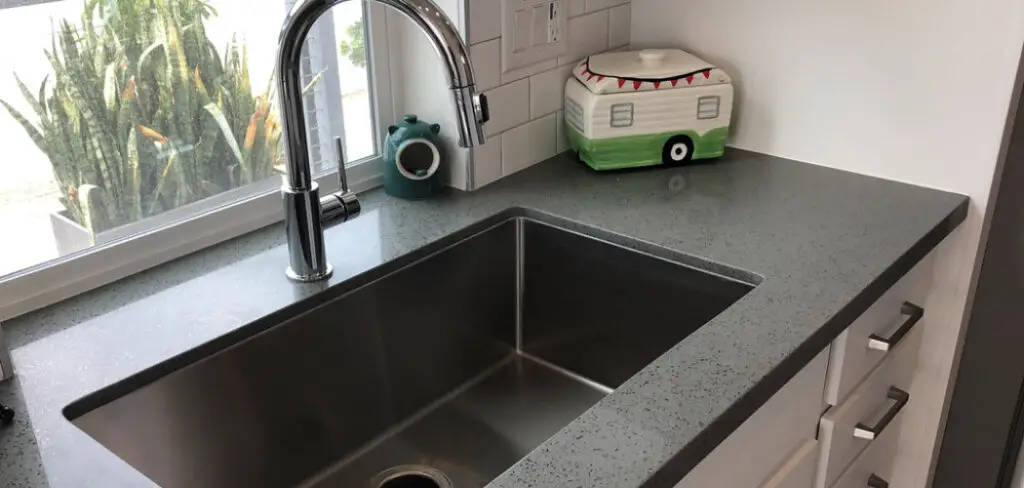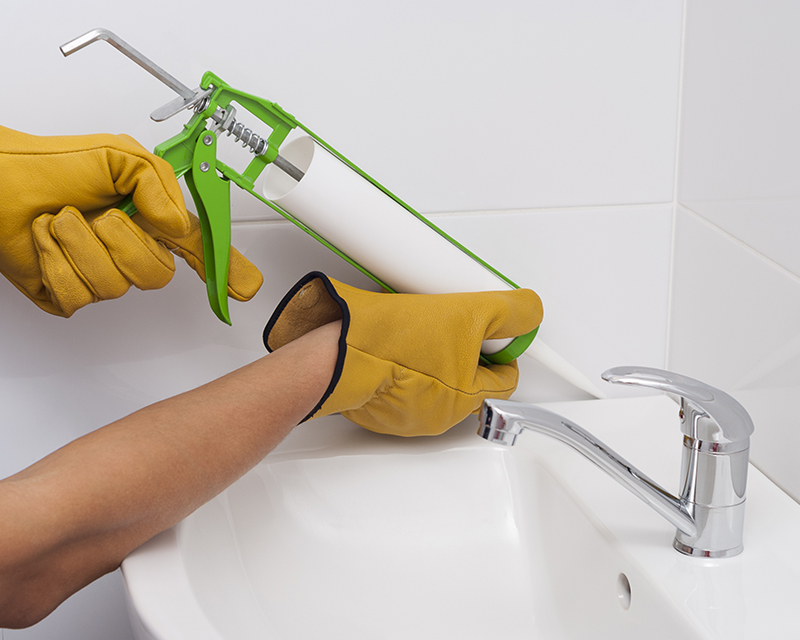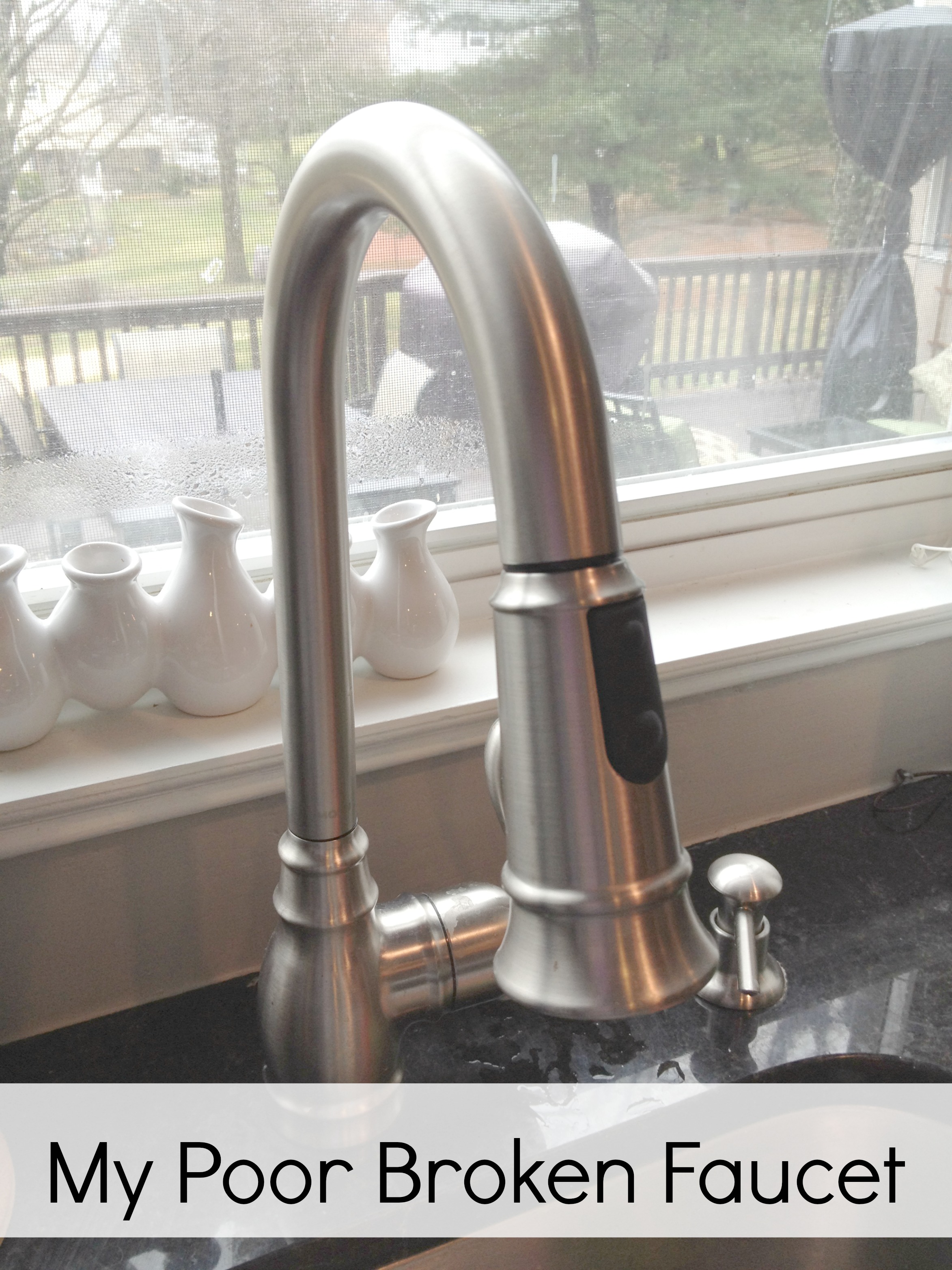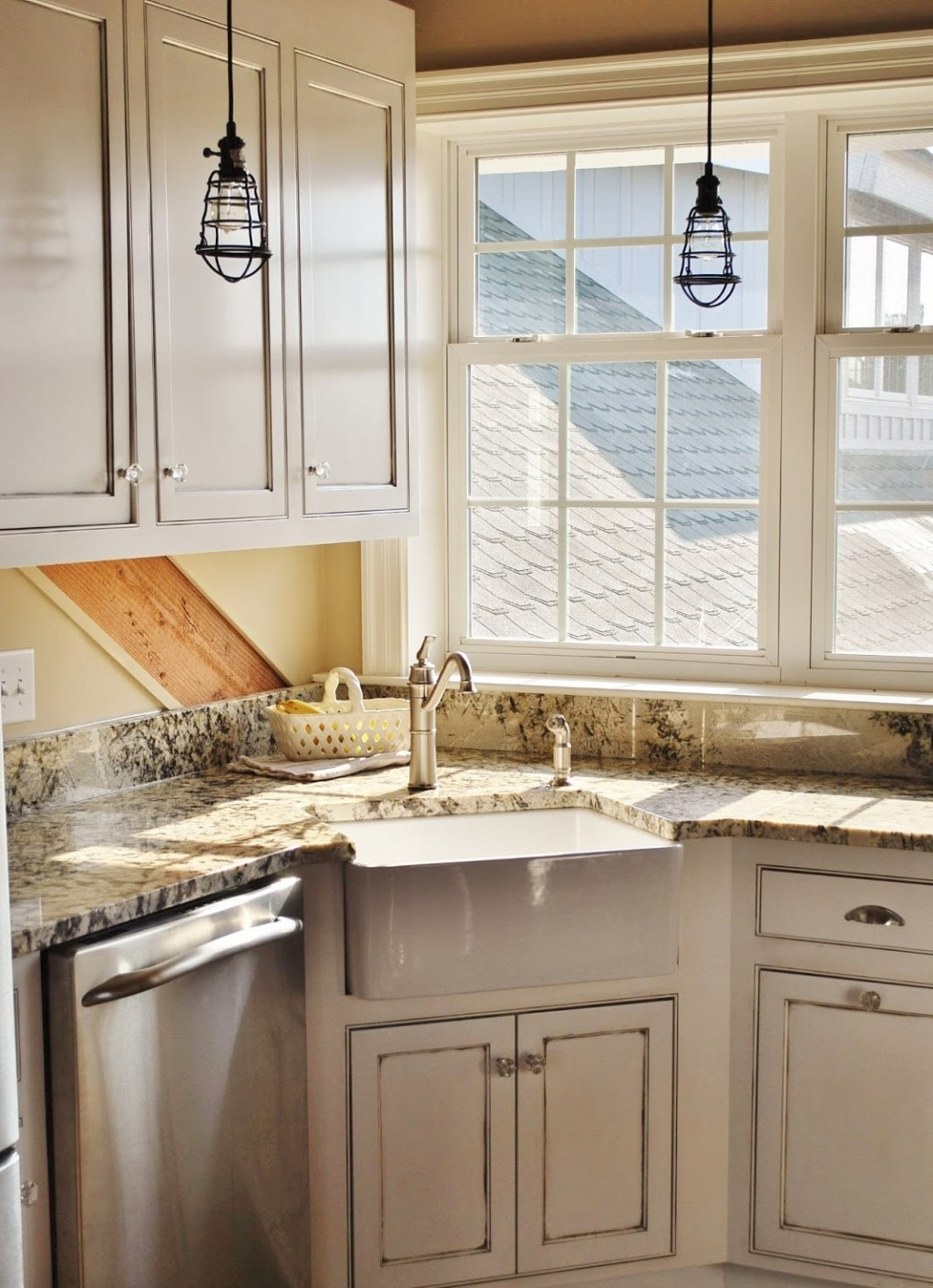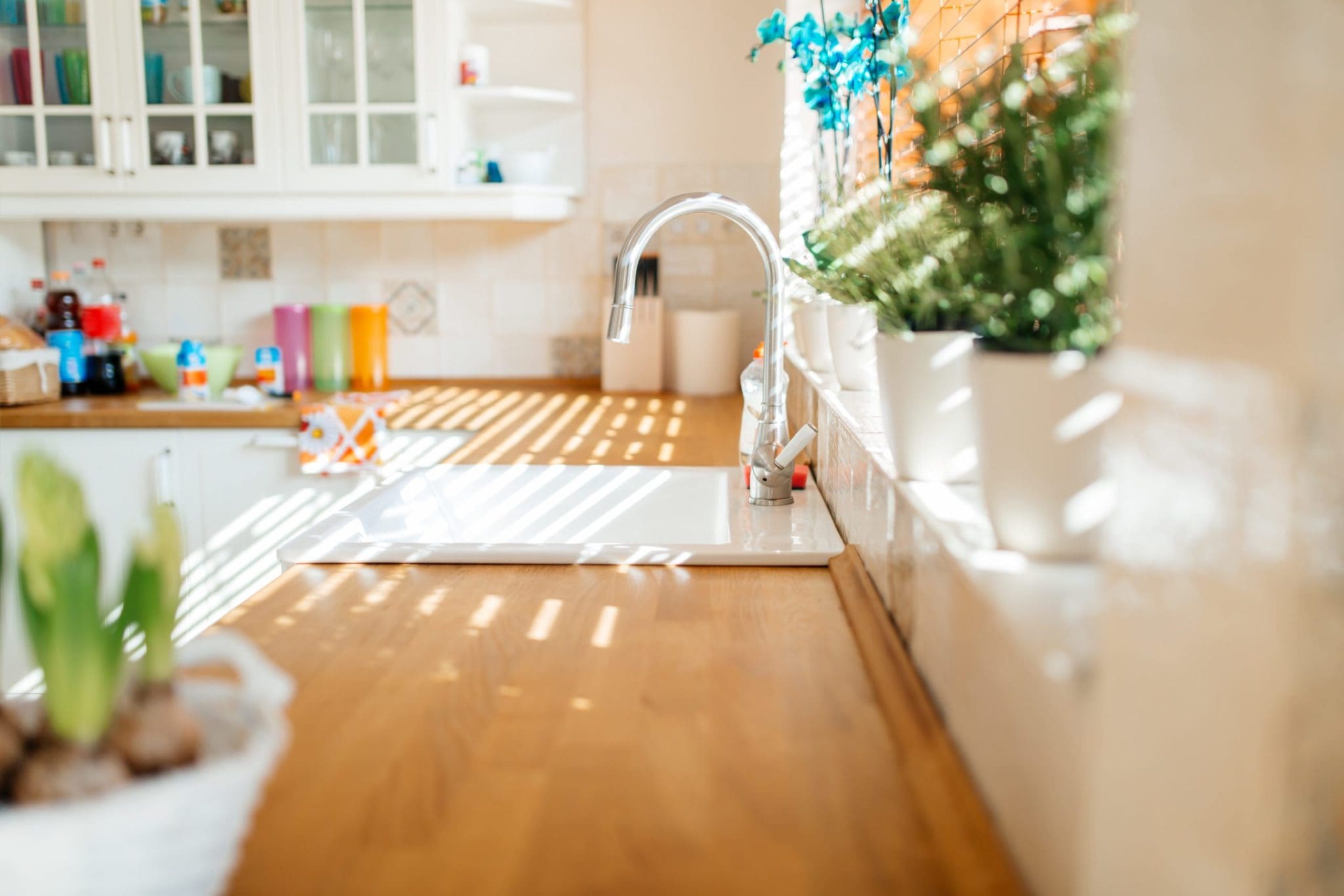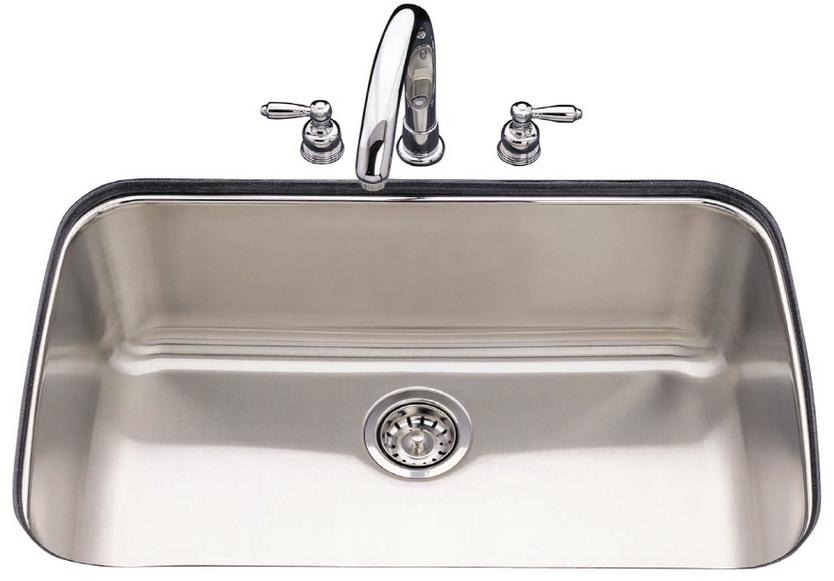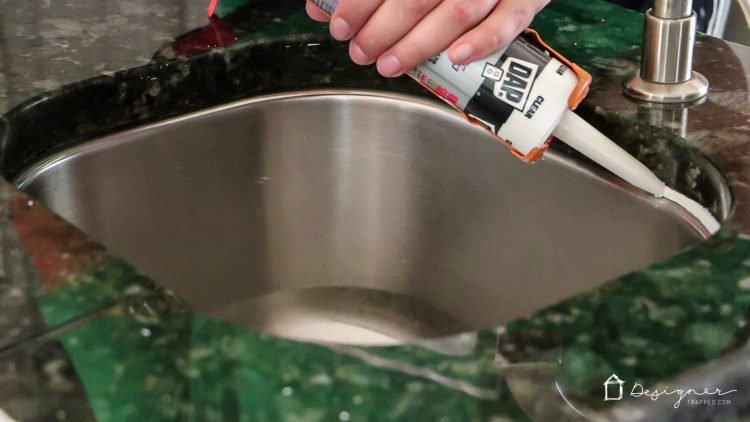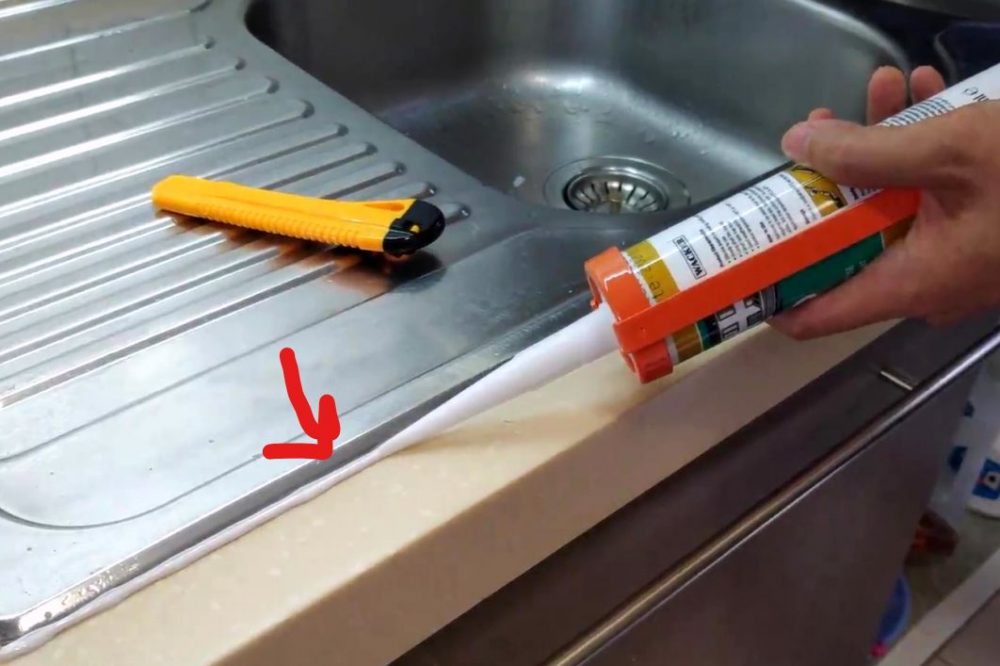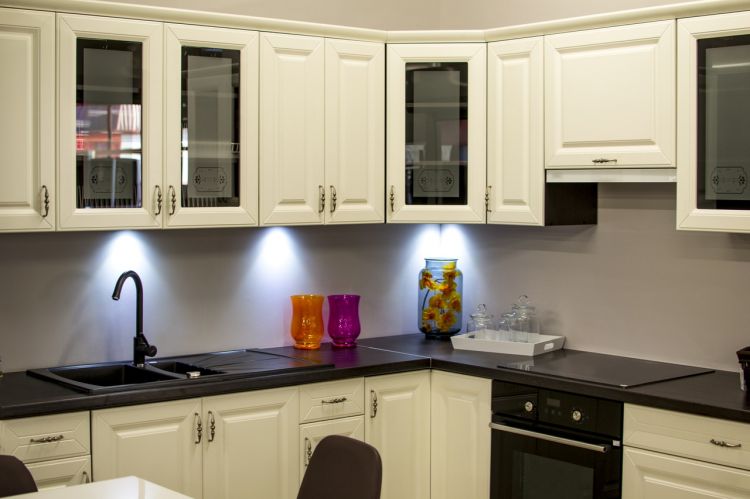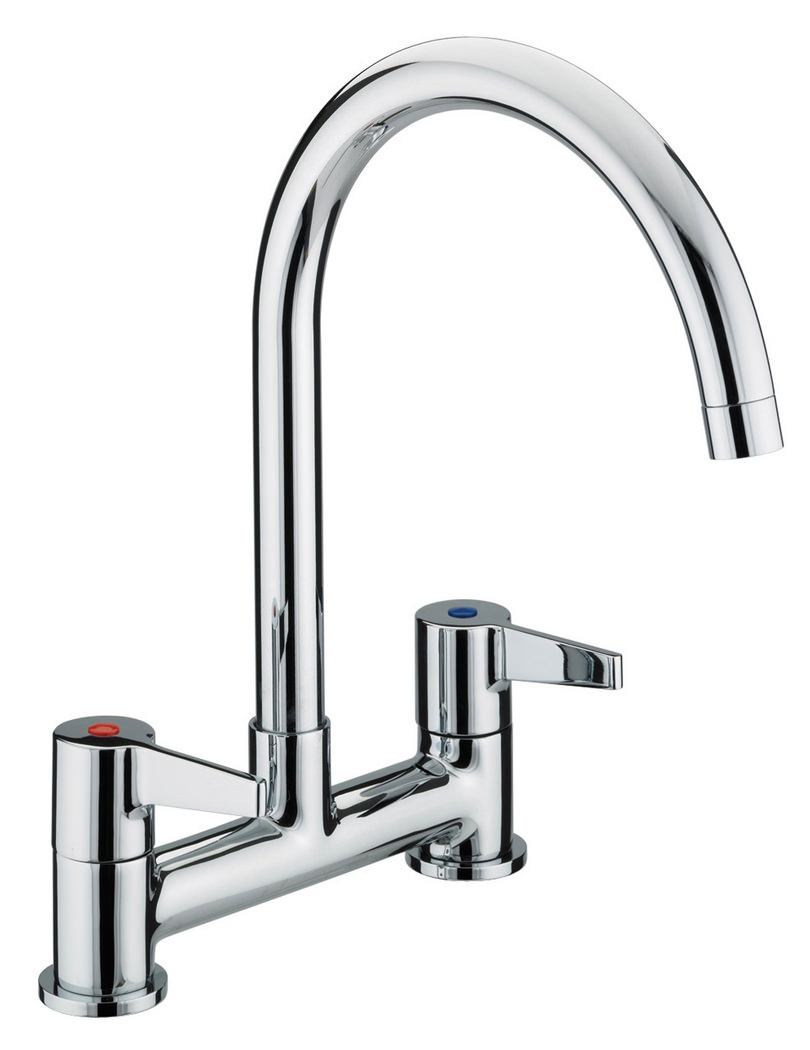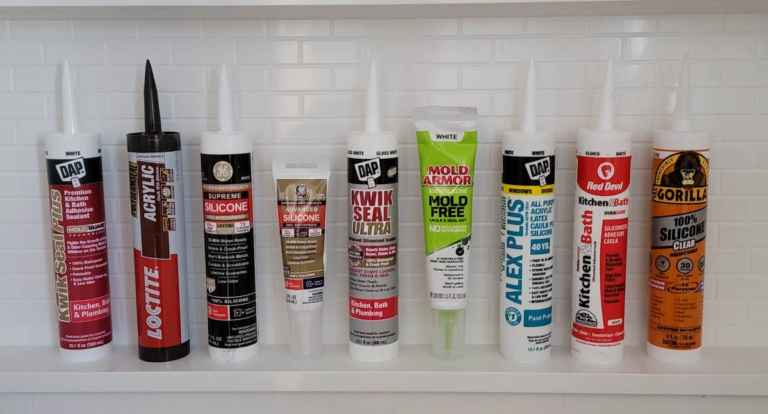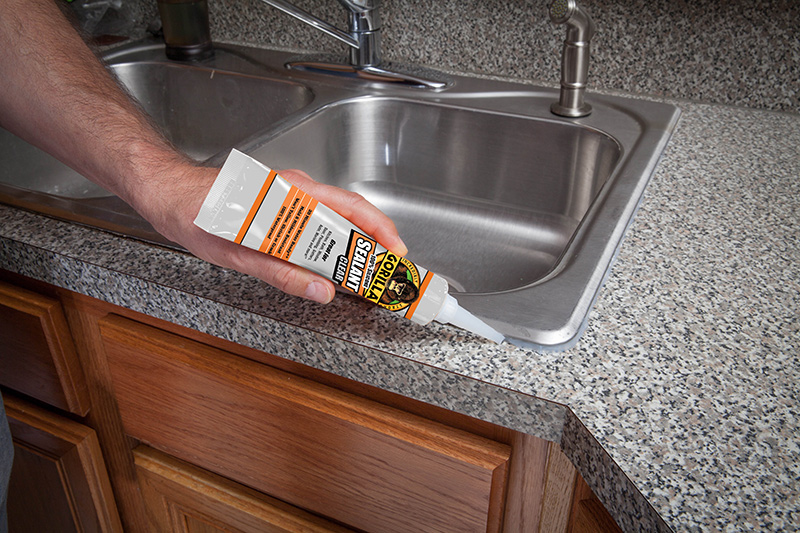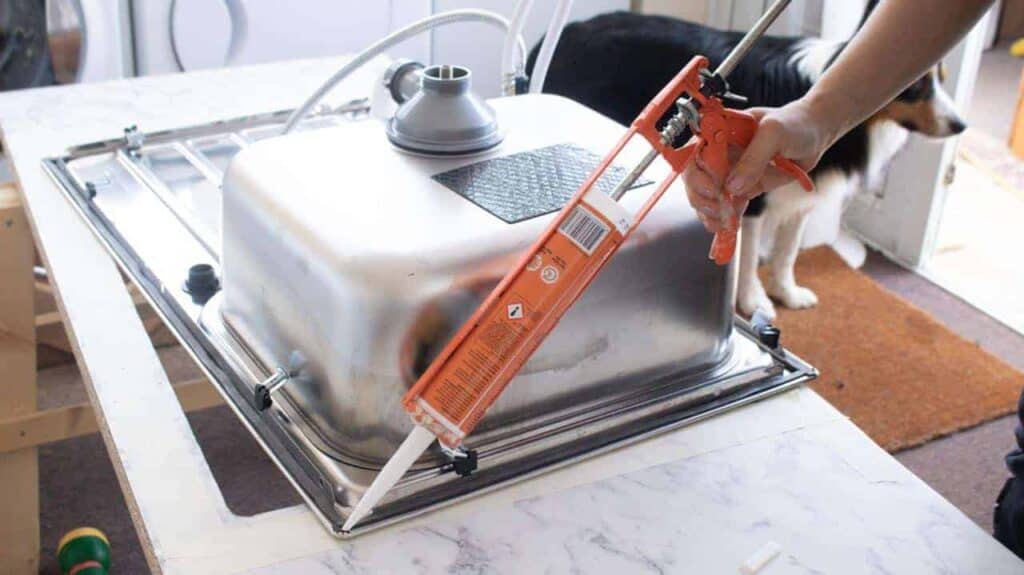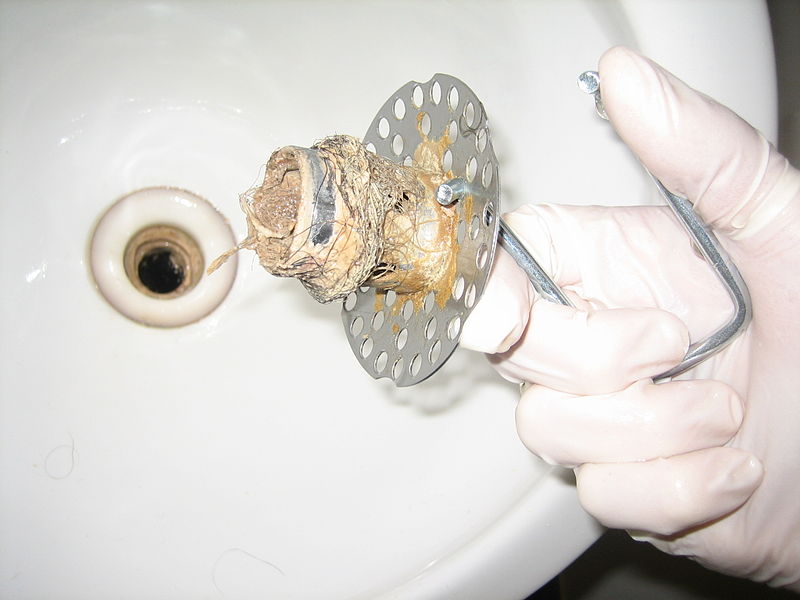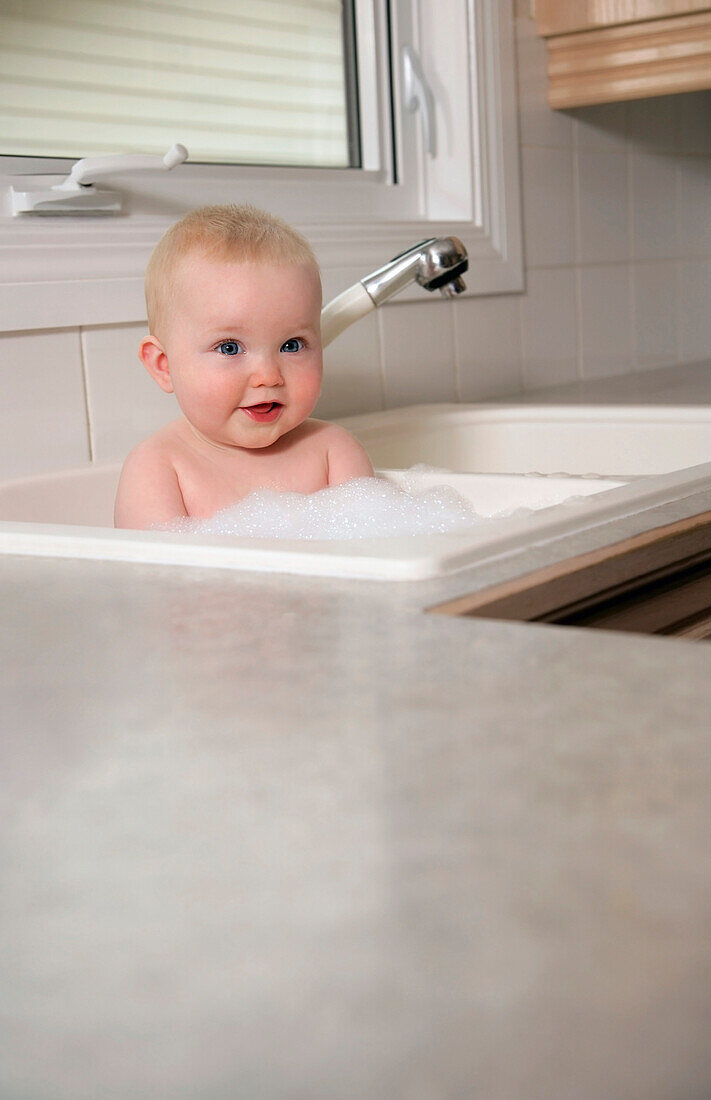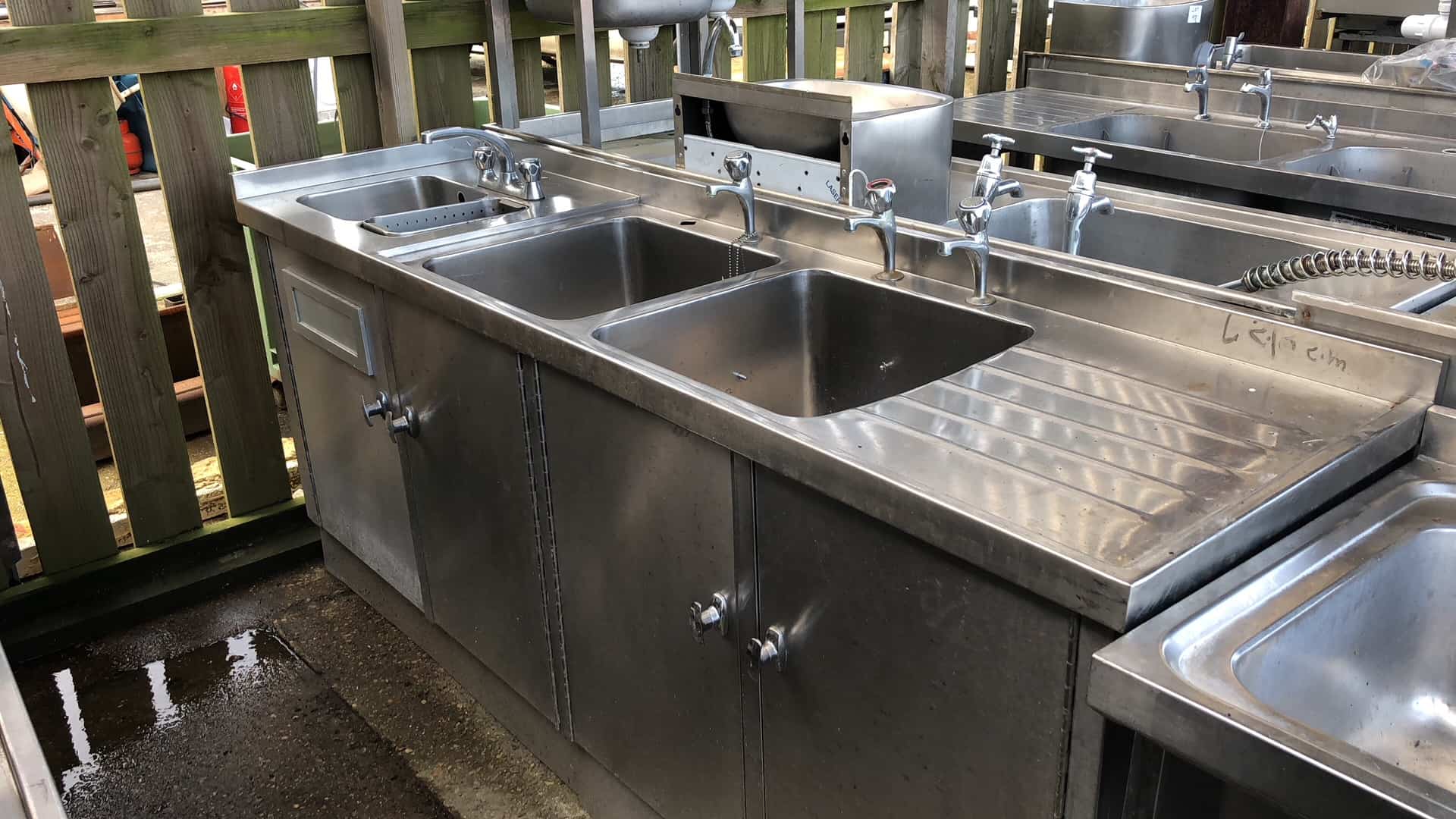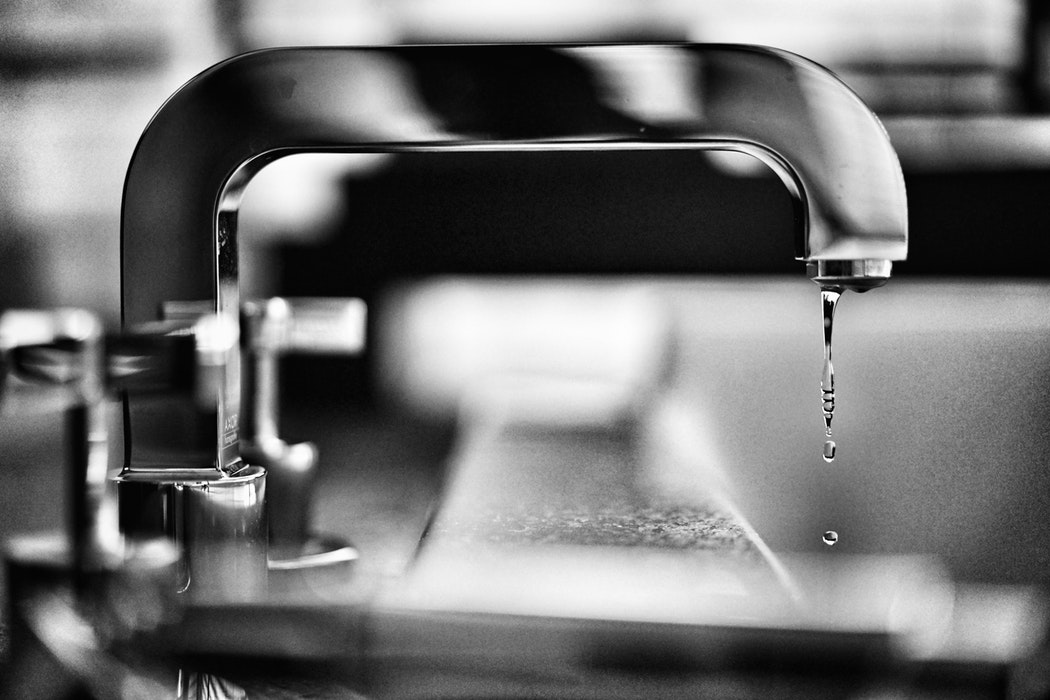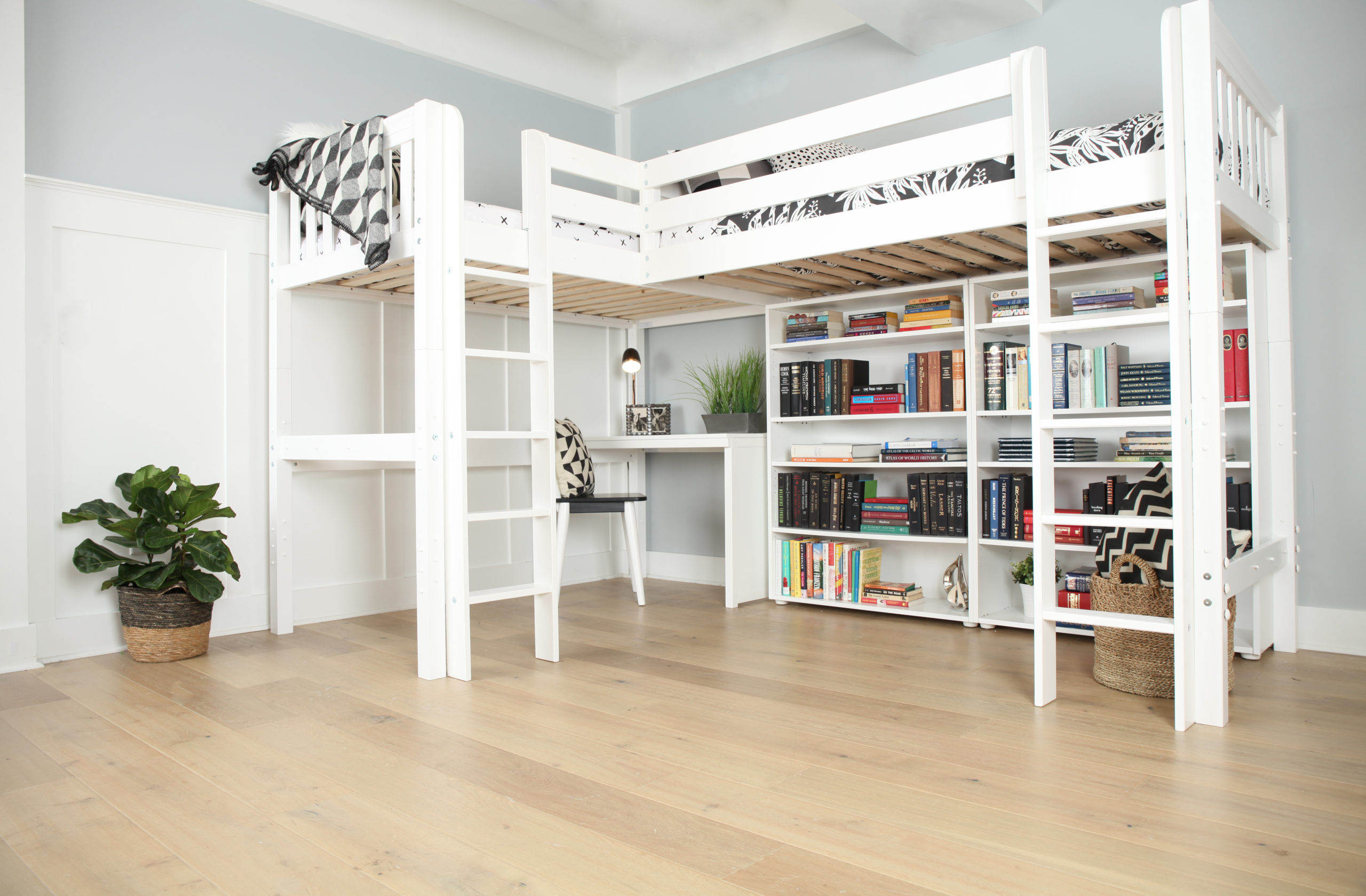If you've noticed water leaking from your kitchen sink or a musty smell coming from underneath, chances are your kitchen sink is not properly sealed. This can not only lead to water damage and mold growth, but it can also be a breeding ground for bacteria. In order to prevent these issues and maintain a clean and functional kitchen, it's important to know how to properly seal your kitchen sink.How to Seal a Kitchen Sink
A leaky kitchen sink can be a major nuisance and cause damage to your cabinets and flooring. The first step to fixing a leaky kitchen sink is to identify the source of the leak. It could be coming from the faucet, drain, or pipes. Once you've identified the source, you can then determine the best course of action to fix the leak.How to Fix a Leaky Kitchen Sink
There are several reasons why your kitchen sink may not be sealing properly. The most common causes include old or worn out sealant, improper installation, or damage to the sink or surrounding area. It's important to address these issues as soon as possible to prevent further damage and potential health hazards.Common Causes of a Kitchen Sink Not Sealing Properly
If you're a handy person and enjoy tackling home improvement projects, you may be able to fix your kitchen sink sealant yourself. The first step is to remove any old sealant and thoroughly clean the area. Then, you can apply a new sealant using a caulking gun. Be sure to follow the manufacturer's instructions for best results.DIY Kitchen Sink Sealant Repair
When it comes to choosing a sealant for your kitchen sink, it's important to choose a high-quality product that is specifically designed for use in wet areas. Look for sealants that are mold and mildew resistant and have a strong adhesion. Some popular options include silicone, polyurethane, and acrylic sealants.Best Sealant for Kitchen Sink
If your kitchen sink was previously sealed but is now showing signs of wear, it's important to re-seal it to prevent any further damage. The process is similar to DIY sealant repair, but make sure to remove all old sealant and thoroughly clean the area before applying a new layer. It's also important to regularly check and re-seal your kitchen sink to prevent any potential issues.How to Re-Seal a Kitchen Sink
It's important to keep an eye out for signs that your kitchen sink needs to be re-sealed. These include water leaking from underneath the sink, a musty smell, visible cracks or gaps in the sealant, or difficulty keeping the sink clean. If you notice any of these signs, it's time to re-seal your kitchen sink.Signs Your Kitchen Sink Needs to be Re-Sealed
Prevention is key when it comes to maintaining a properly sealed kitchen sink. Regularly cleaning and inspecting the area can help catch any issues early on. It's also important to avoid using harsh chemicals or abrasive materials on your sink, as these can damage the sealant. Additionally, fixing any leaks or other issues promptly can prevent further damage and potential health hazards.How to Prevent Kitchen Sink Sealing Issues
If you're not comfortable tackling sealant repairs or re-sealing your kitchen sink on your own, you can always hire a professional. A contractor or plumber can properly assess the situation and provide the best solution for your specific needs. This option may be more expensive, but it can save you time and ensure the job is done correctly.Professional Kitchen Sink Sealing Services
Once your kitchen sink is properly sealed, it's important to maintain it to prevent any future issues. This includes regularly cleaning the sink and surrounding area, checking for any signs of damage or wear, and re-sealing as needed. By properly maintaining your sealed kitchen sink, you can ensure it stays functional and hygienic for years to come.How to Maintain a Properly Sealed Kitchen Sink
Why Sealing Your Kitchen Sink is Essential for a Functional and Aesthetically Pleasing Kitchen

Prevent Water Damage and Mold Growth

Having a properly sealed kitchen sink is crucial for preventing water damage and the growth of mold and mildew in your kitchen. When a sink is not sealed, water can seep through the gaps and into the surrounding areas, causing damage to your cabinets, countertops, and even the structure of your home. Over time, this can lead to expensive repairs and compromise the integrity of your kitchen. Additionally, the moisture from the water can create the perfect environment for mold and mildew to grow, which can not only be unsightly but also pose health risks to you and your family.
Extend the Lifespan of Your Kitchen

Investing in a properly sealed kitchen sink can also help to extend the lifespan of your kitchen. By preventing water damage and mold growth, you can avoid the need for costly repairs and replacements in the future. This is especially important if you have a custom-built kitchen or have invested in high-quality materials and appliances. Properly sealing your kitchen sink is a small but important step in maintaining the overall functionality and appearance of your kitchen.
Enhance the Aesthetics of Your Kitchen

In addition to the practical benefits, sealing your kitchen sink can also greatly enhance the aesthetics of your kitchen. A properly sealed sink creates a clean and polished look, making your kitchen appear more organized and well-maintained. It also prevents unsightly water stains and damage, allowing your kitchen to remain a beautiful and inviting space for years to come.
In conclusion, sealing your kitchen sink is a vital aspect of house design that should not be overlooked. Not only does it prevent water damage and mold growth, but it also extends the lifespan of your kitchen and enhances its overall appearance. Don't neglect this important step in maintaining a functional and aesthetically pleasing kitchen.





